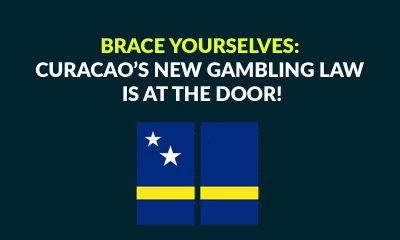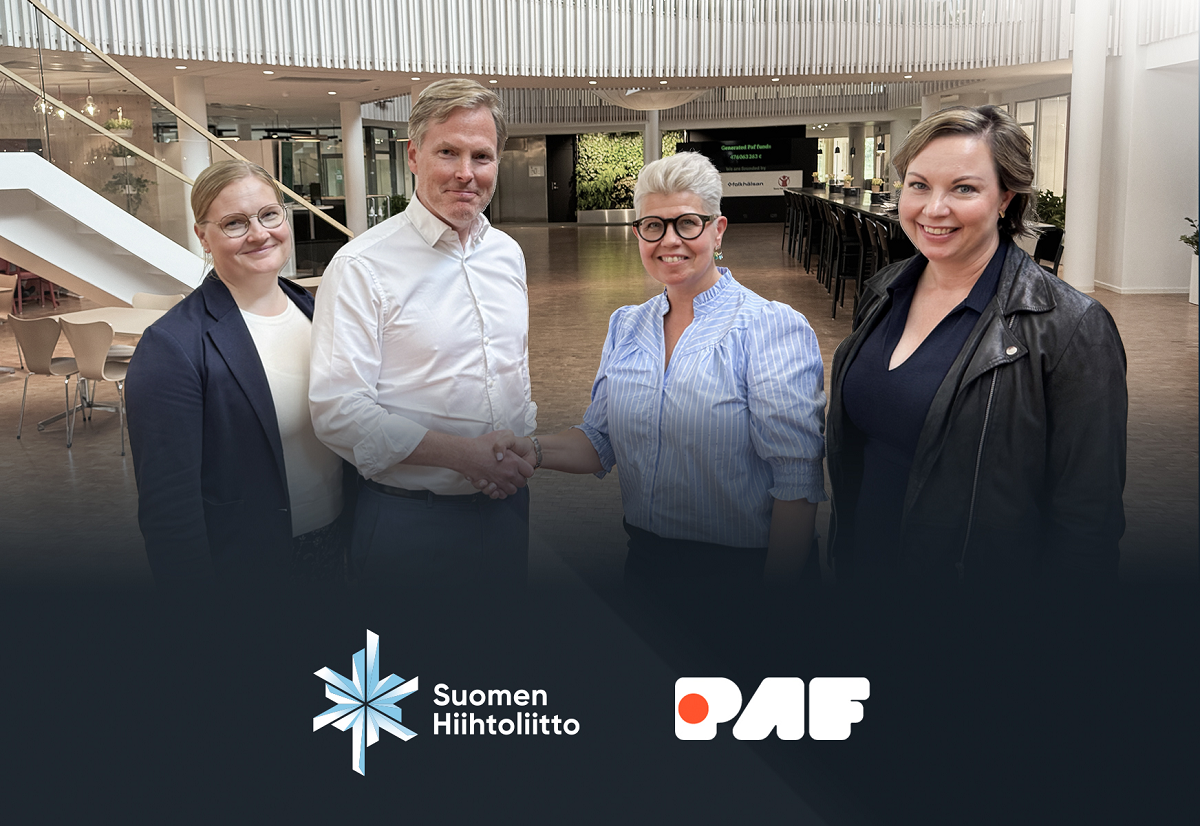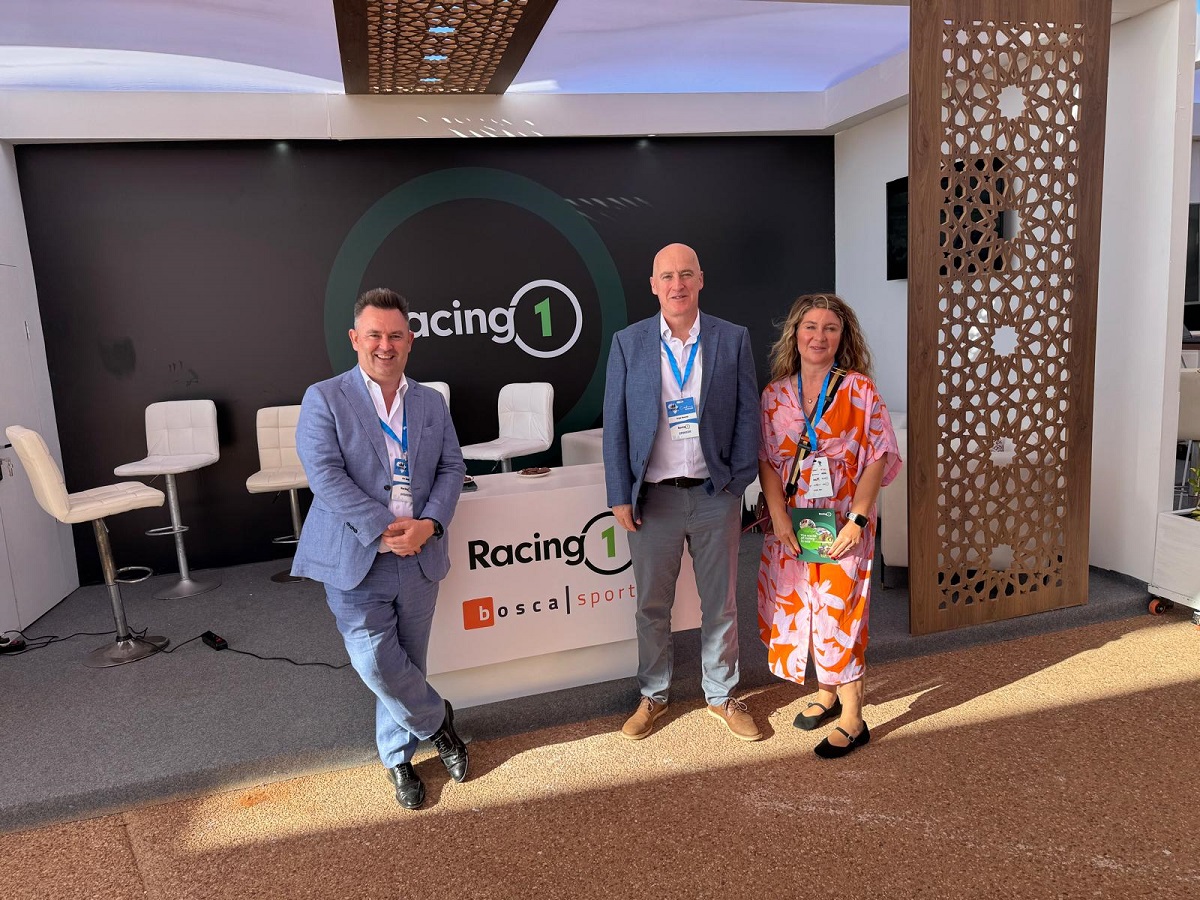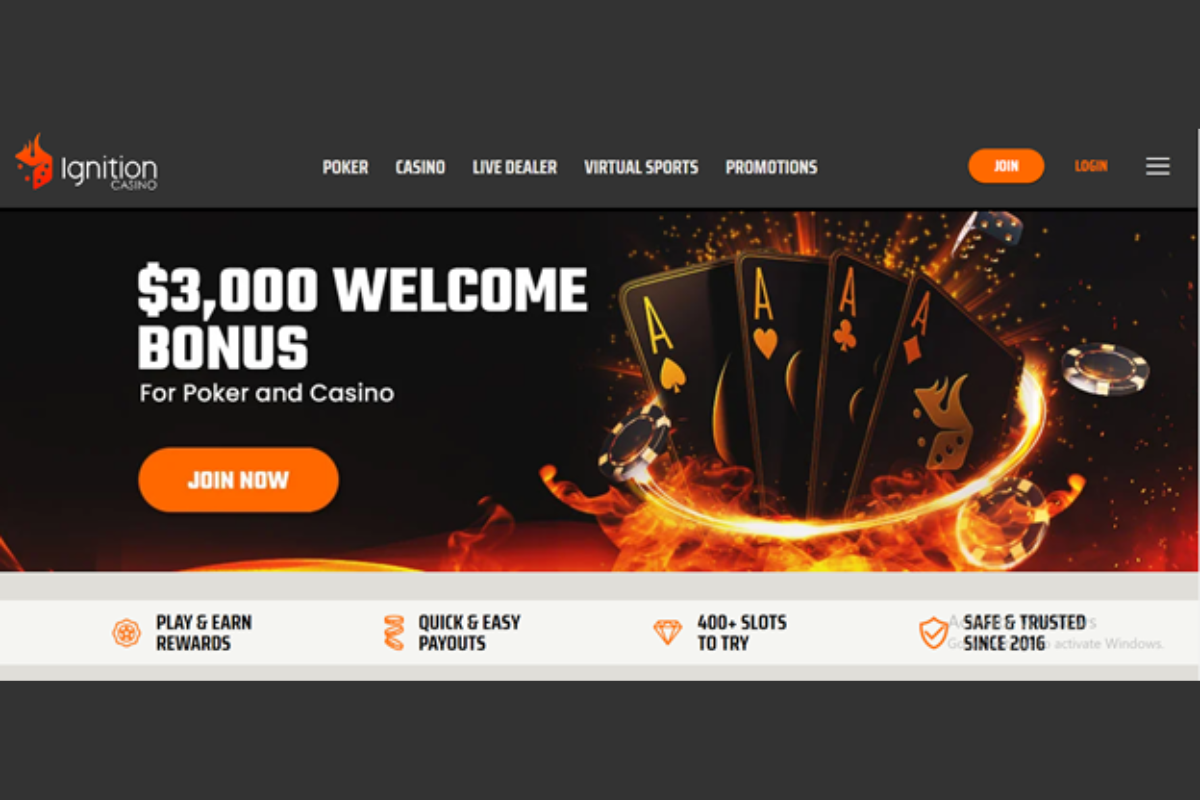Central Europe
Navigating International Regulatory Landscapes: A Guide for Expanding iGaming Businesses

Boris Pashnev, CEO of Alpha Affiliates
Taking an iGaming business global opens up vast possibilities for expansion and progress. However, along with new markets and opportunities, comes the complex regulatory landscapes of different countries. To ensure a smooth and compliant expansion, businesses must familiarise themselves with international legal frameworks and understand regulatory considerations. Still, it is much easier said than done.
As a business working closely with iGaming brands, we at Alpha Affiliates have first hand experience expanding within these new regulatory landscapes. We have helped several iGaming operators and affiliates to grow their businesses and comply with the regulations in various jurisdictions. Moreover, in the last year, we have successfully expanded our own business into new geographical markets, including France, Italy, Belgium, Greece, Norway, Slovenia, Slovakia, and Hungary. This expansion not only broadened our global reach but also ensured a more comprehensive and inclusive gaming experience for iGaming enthusiasts worldwide.
This is the hope for many aspiring iGaming operators looking to go global. So, how can businesses successfully navigate new regulations when expanding their business globally?
Make regulation your team’s number one priority
In the iGaming world, regulations must be the cornerstone of your business strategy to going global. You need to go in with the mindset that it isn’t just about compliance – it’s about building a sustainable, reputable business. Only with this mindset, can you successfully launch an iGaming business, and develop long-term trust and support from regulators and consumers alike.
By making regulation your foundation, you’re sure to be on track for success. Of course, for any CEO, this starts by looking to the regulatory experts, and putting together a dedicated compliance team who can manage and advise on the regulatory landscape in the region you are looking to expand into.
For instance, in the case of licensing, operators should seek assistance from their in-house legal departments who can ensure licensing application requirements to be met and the corporate structure to be set up properly. This way they can prevent making any mistakes when switching their operations to comply with the new guidelines and ensure that they set up a well equipped and responsible environment for their players.
By having a dedicated team focused on regulation, operators can confidently and consistently ensure their operations meet regulatory guidelines within new regions.
Remain flexible and embrace new frameworks
Regulation is always subject to review and change – it’s a natural part of progress to ensure consumers, and businesses are better served and protected.
We saw this most recently with Curaçao’s new regulation known as the National Ordinance for Games of Chance, or LOK, which set out new requirements for anti-money laundering, fraud prevention and player protection. The LOK framework changes brought new change, and with that new considerations for iGaming operators to address. Operators had to reflect and adjust the ways in which they disclose certain information, ensure data protection, address anti-money laundering, privacy measures for gaming and monitoring tactics.
Alongside the regulatory changes, the licensing fees also increased, in order to foster a safer and more responsible environment. And the licensing process changed too. The Gaming Control Board (GCB) opened the new licensing portal on September 1st earlier last year, leaving iGaming companies with two options – to either apply for new licences and follow the regulations outlined in the LOK, or register as sublicensees.
This is a prime example of how quickly things can change, and the need to remain flexible and ready to adapt when expanding into different regions. To stay ahead, it’s important to conduct regular regulatory assessments, budget for potential increases in licensing fees and develop flexible systems that can adapt to new requirements.
Consider creating a regulatory roadmap for each market you’re entering and operating in, from the current requirements, anticipated changes, plus your strategy for addressing them.
Take responsibility: Prioritise player protection
Remember that any international authority or regulator will want to see that player protection is not only met, but prioritised. After all, responsible gaming isn’t just a regulatory requirement, it’s a business imperative.
Ensuring your operations develop comprehensive responsible gaming policies, including self-exclusion programmes, session time limits, and staff training in identifying and addressing problematic iGaming behaviours, will be key.
At Alpha Affiliates, we encourage users to act conscientiously by providing a safe and organised platform to advertise their offerings. We are committed to ensuring responsible gaming is upheld in our services globally and make sure to follow regulations, only expanding into regions in which iGaming is properly regulated.
It’s crucial to consider how you can improve your policies to better protect players – as this will be a number one concern for regulators internationally. We implement industry-standard measures for players who want to control their gambling habits. These include applying various limits on losses, deposits and bets. In addition, we make sure to display reminders for the amount of time spent in a casino and for players to take a step back to step away and cool off. I’d encourage other operators to do the same.
Be patient and carefully lay down the groundwork
Launching abroad successfully takes a well-thought-out and well-planned strategy. It also requires a lot of patience. “Getting your ducks in a row”, and laying down the groundwork will take time and intricate planning.
Starting the process early is important. When it comes to international expansion, regulation is a huge aspect that cannot be rushed. It can be all the difference in business success, and business failure. It requires rigorous due diligence to ensure all requirements are met, and all licensing documentation is ready.
By meticulously crafting and executing a regulation-first international expansion strategy, businesses can put themselves in the best possible footing for growth globally. Regulations are important across all sectors, but in the iGaming world where adhering to tight regulation is imperative, operators must make it the foundation of all business. The path to international expansion may be complex, but with the right approach, operators can capitalise on the exciting opportunities in new markets and drive remarkable growth.
-

 Latest News7 days ago
Latest News7 days agoWeek 36/2025 slot games releases
-
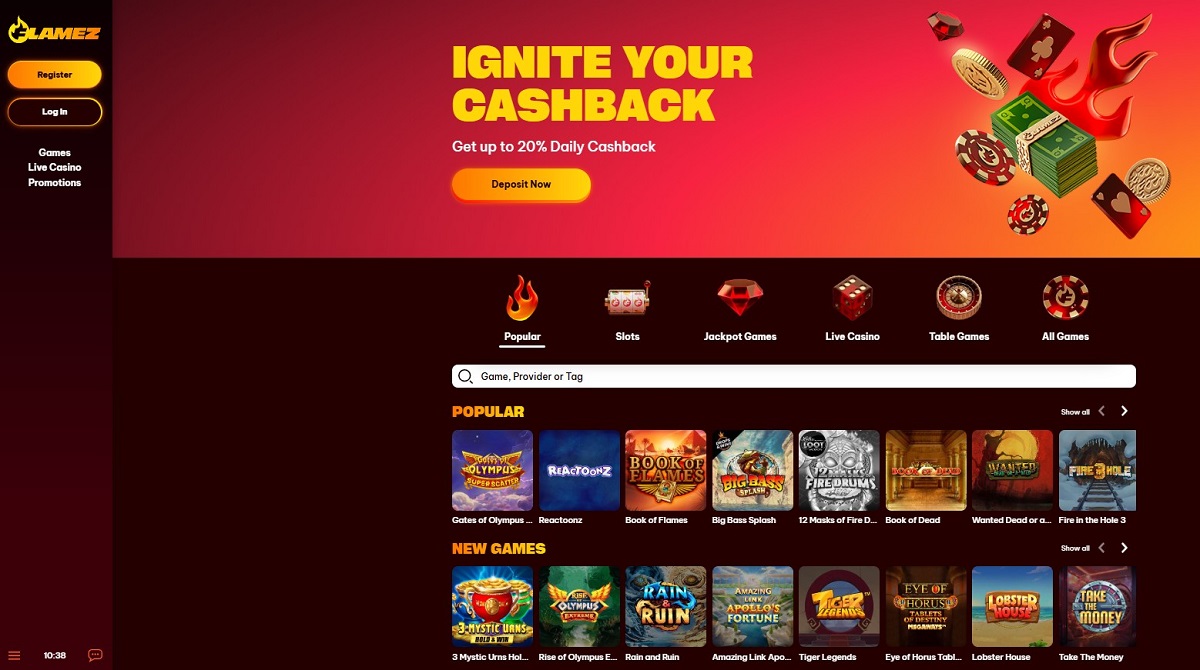
 Latest News7 days ago
Latest News7 days agoFlamez – A Fiery New Online Casino Contender from Ganadu
-

 Conferences in Europe7 days ago
Conferences in Europe7 days agoEurasia and the Middle East in Focus at SBC Summit 2025 Emerging Markets Stage
-

 Latest News7 days ago
Latest News7 days agoVeliTech Appoints Mats Lundin as Chief Sales Officer
-

 Latest News7 days ago
Latest News7 days agoDuels for Friends in Trophy Hunter. Invite your friends and create a shared space for fun and competition.
-
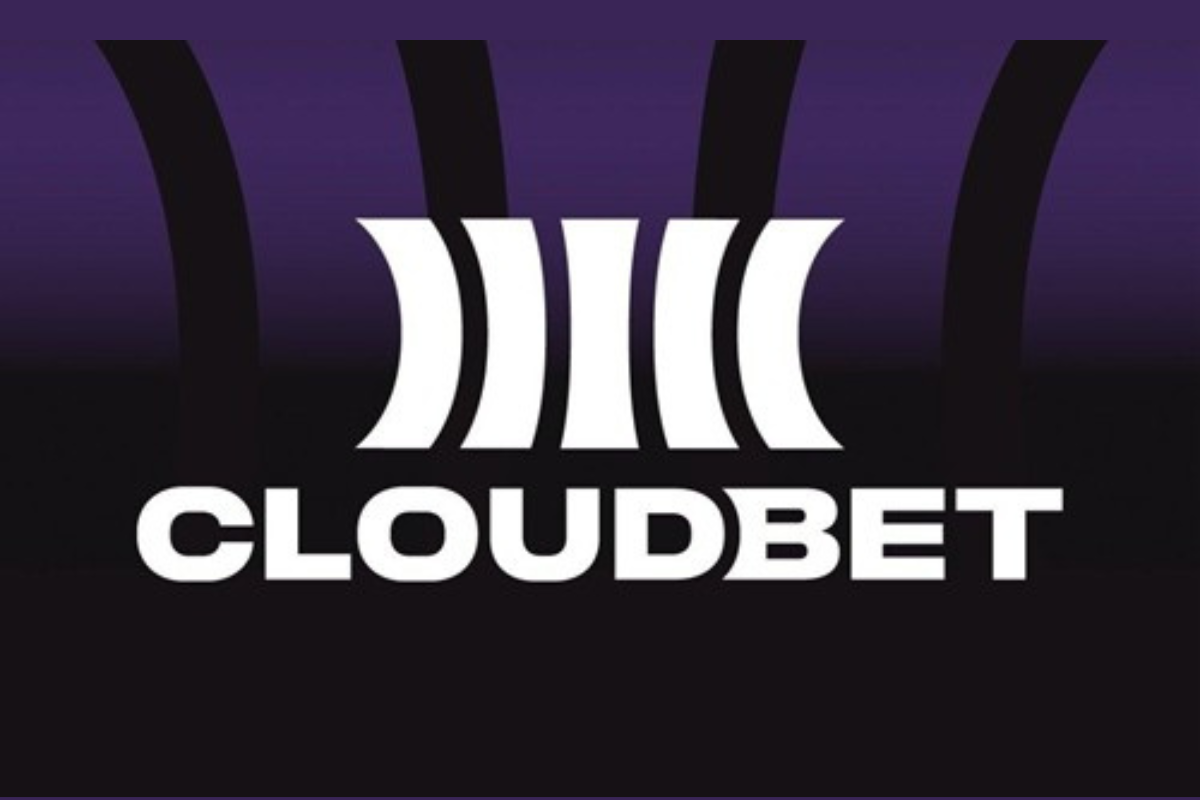
 Latest News4 days ago
Latest News4 days agoCloudbet maps regional betting trends in August–September 2025
-

 Latest News4 days ago
Latest News4 days agoHigh Roller Launches New Online Casino Brand in Finland
-
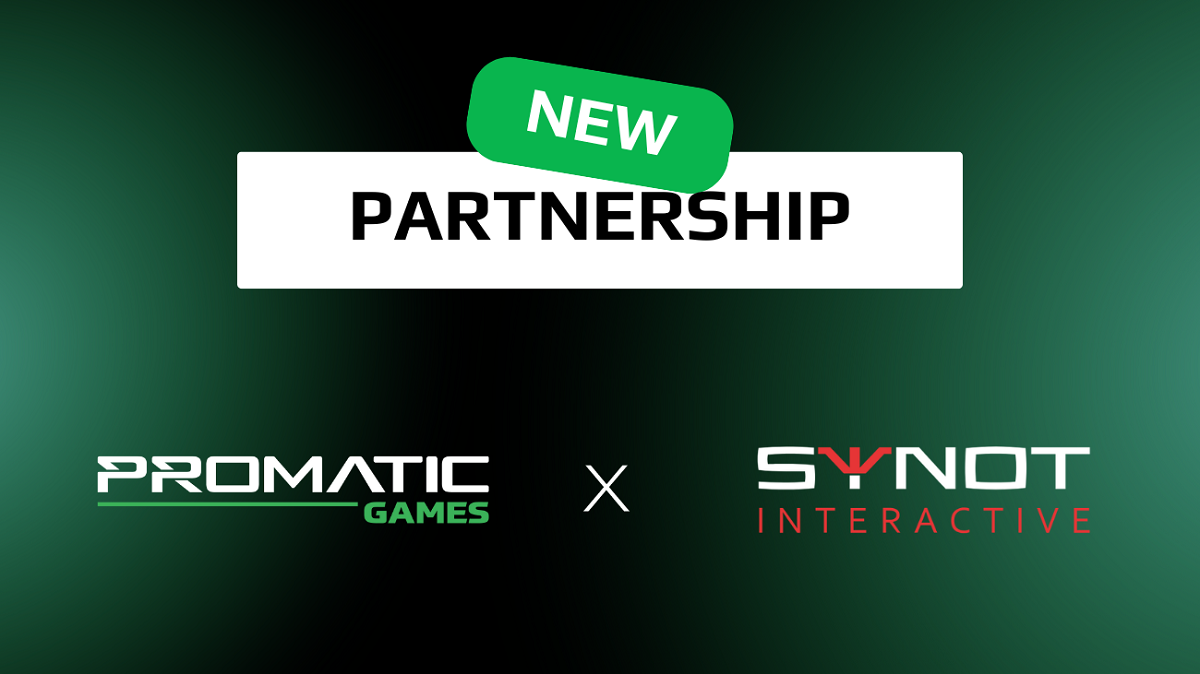
 Central Europe4 days ago
Central Europe4 days agoPromatic Games and SYNOT Interactive Announce Strategic Partnership to Strengthen iGaming Expansion in Central and Eastern Europe












